MoneyWeek's quiz of the week, 16-22 May
Test your recollection of the events of the last seven days with MoneyWeek's quiz of the week

Get the latest financial news, insights and expert analysis from our award-winning MoneyWeek team, to help you understand what really matters when it comes to your finances.
You are now subscribed
Your newsletter sign-up was successful
Want to add more newsletters?

Twice daily
MoneyWeek
Get the latest financial news, insights and expert analysis from our award-winning MoneyWeek team, to help you understand what really matters when it comes to your finances.

Four times a week
Look After My Bills
Sign up to our free money-saving newsletter, filled with the latest news and expert advice to help you find the best tips and deals for managing your bills. Start saving today!
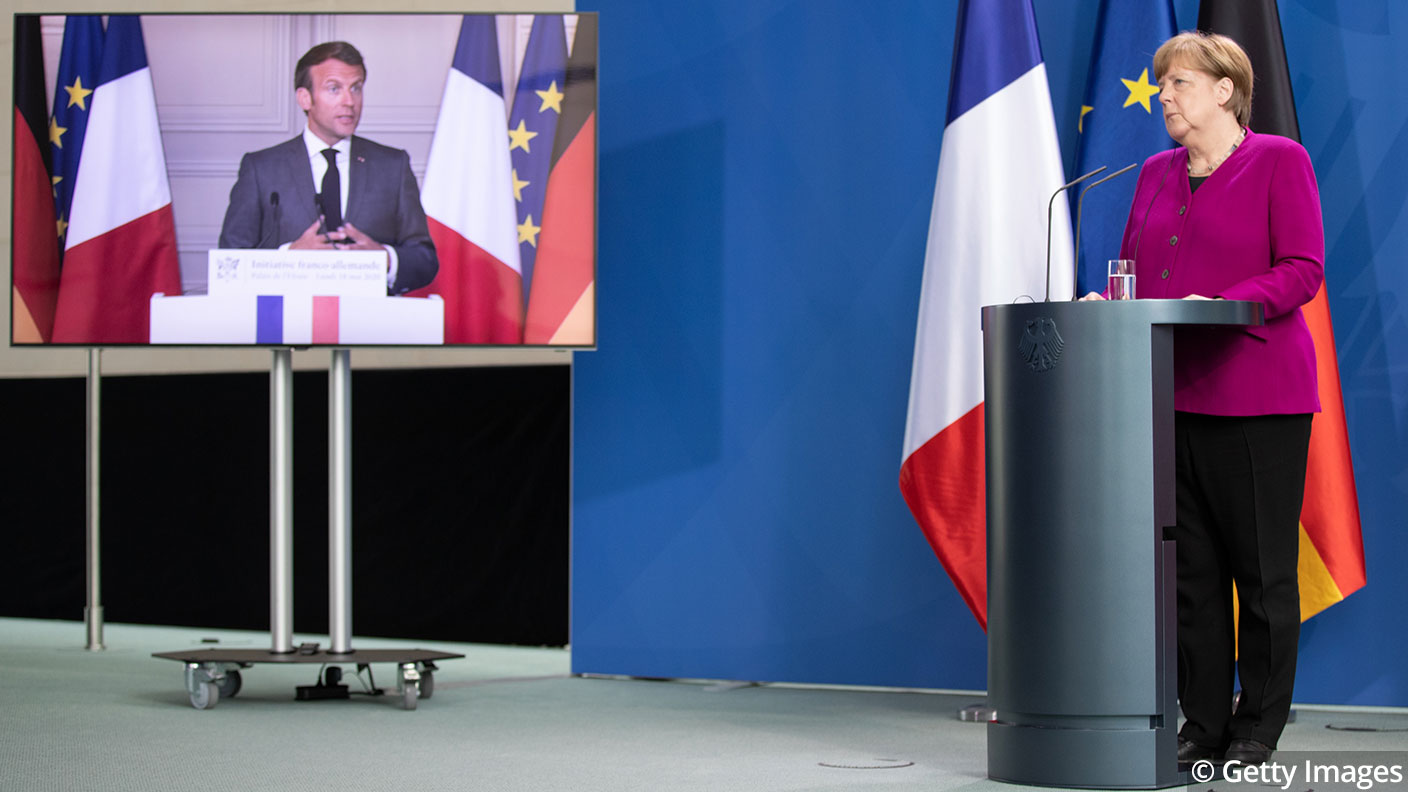
1. What was the size of the Franco-German recovery fund, announced this week to ease the economic strain of the coronavirus lockdowns?
A. €300bn
B. €385bn
MoneyWeek
Subscribe to MoneyWeek today and get your first six magazine issues absolutely FREE

Sign up to Money Morning
Don't miss the latest investment and personal finances news, market analysis, plus money-saving tips with our free twice-daily newsletter
Don't miss the latest investment and personal finances news, market analysis, plus money-saving tips with our free twice-daily newsletter
C. €420bn
D. €500bn
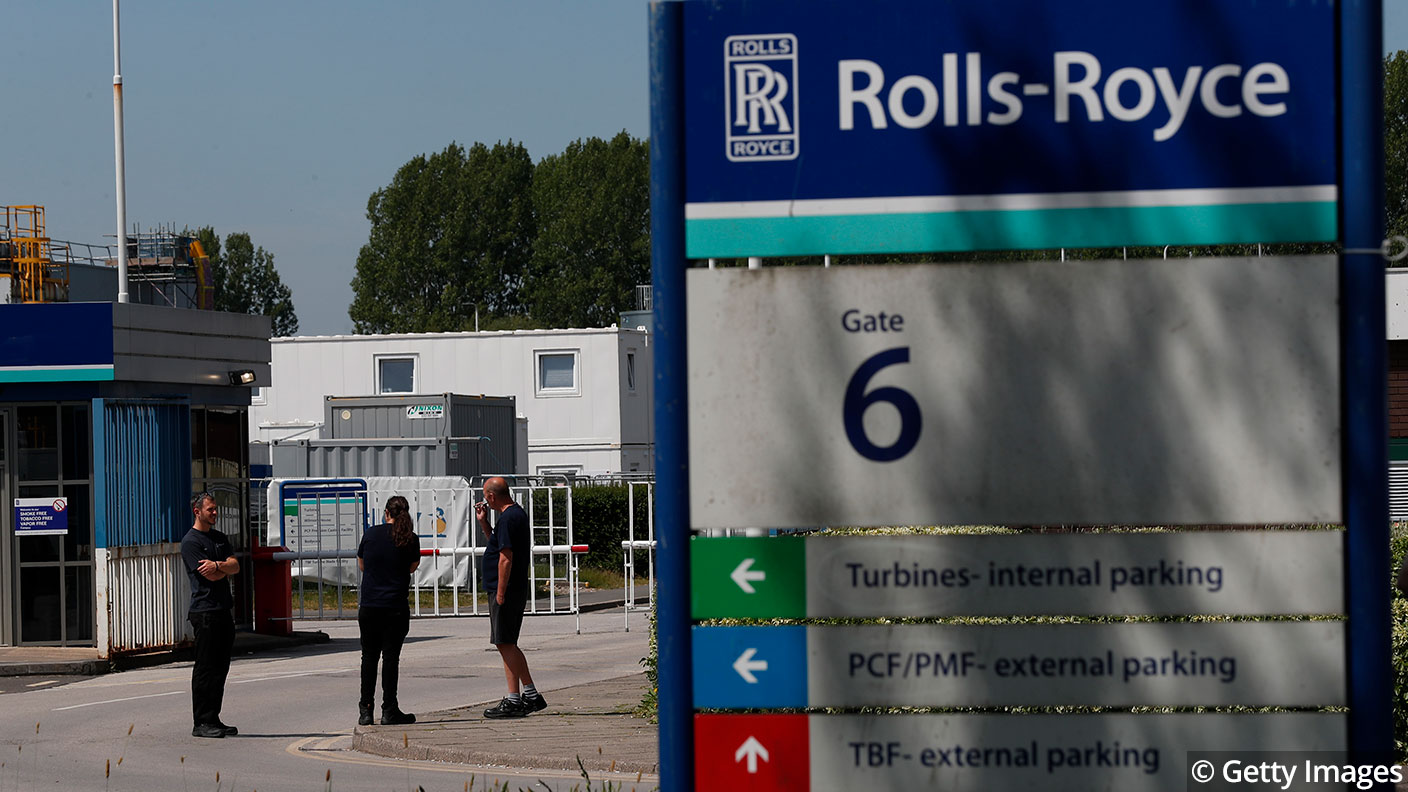
2. How many worldwide jobs does Rolls-Royce plan to cut in order to cope with a joint demand slump in aerospace and aviation markets?
A. 5,500
B. 6,200
C. 9,000
D. 12,000
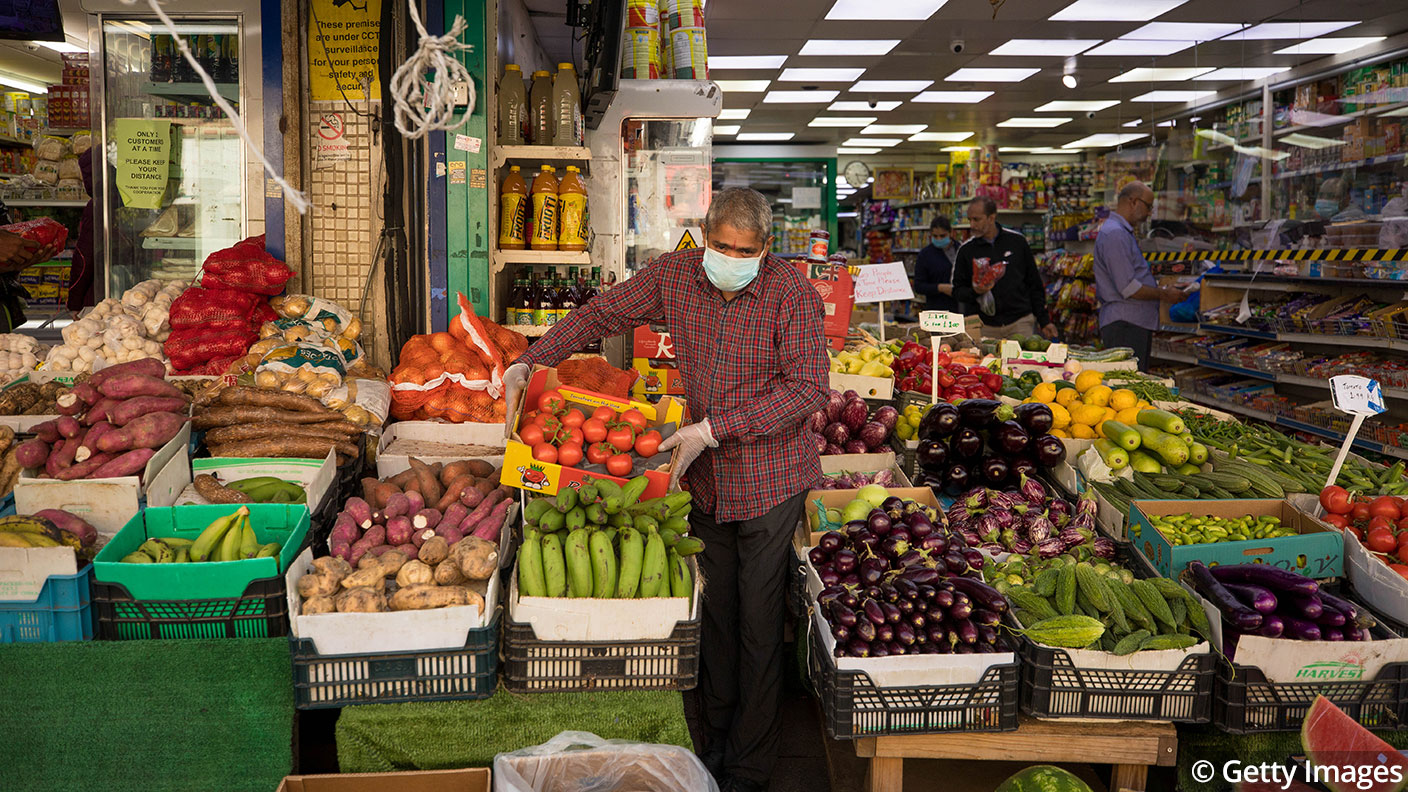
3. At its lowest since 2016, to what level did UK inflation fall this week?
A. 1%
B. 0.8%
C. 0.5%
D. 0.45%
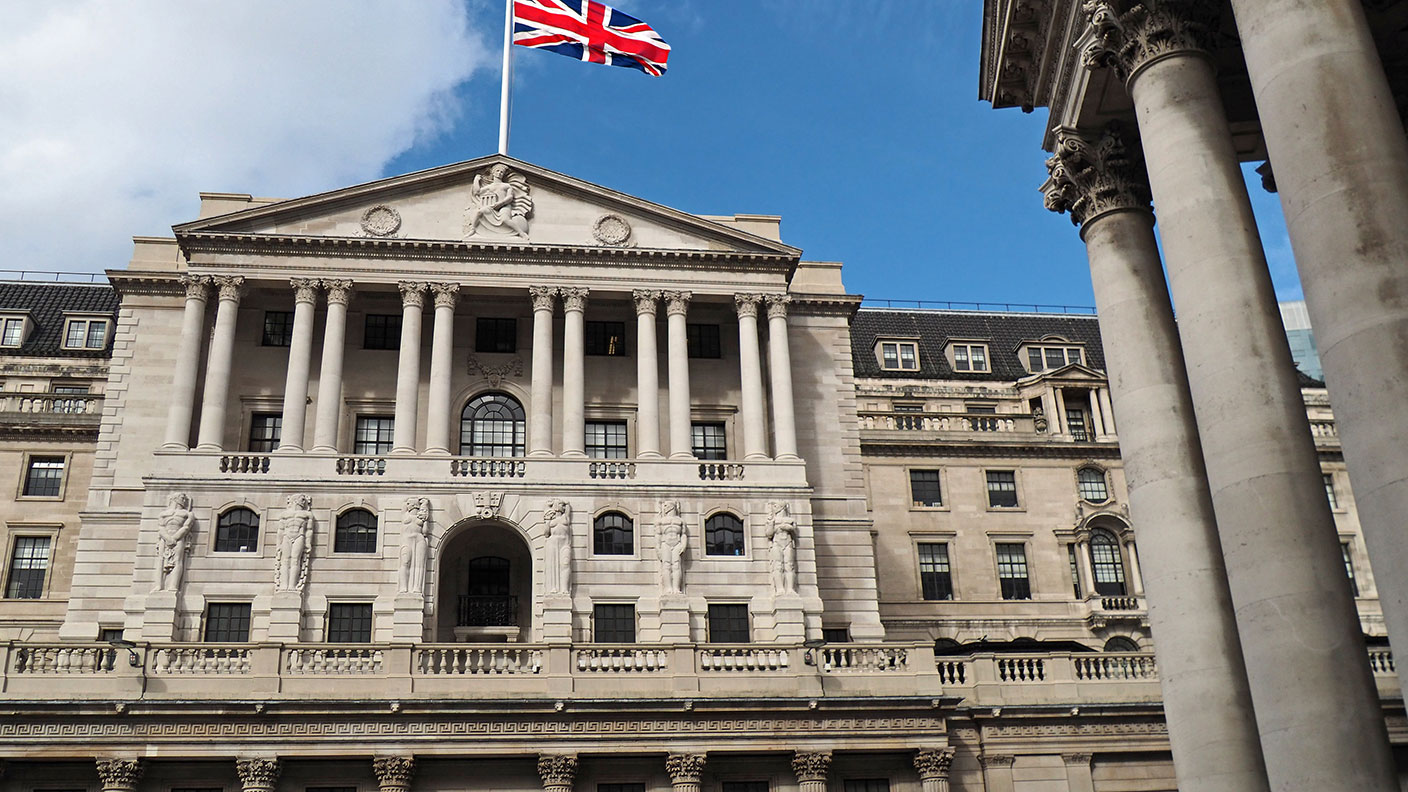
4. Which country’s Central Bank has recently filed a $1,000,000,000 lawsuit against the Bank of England?
A. Laos
B. Nicaragua
C. Zimbabwe
D. Venezuela
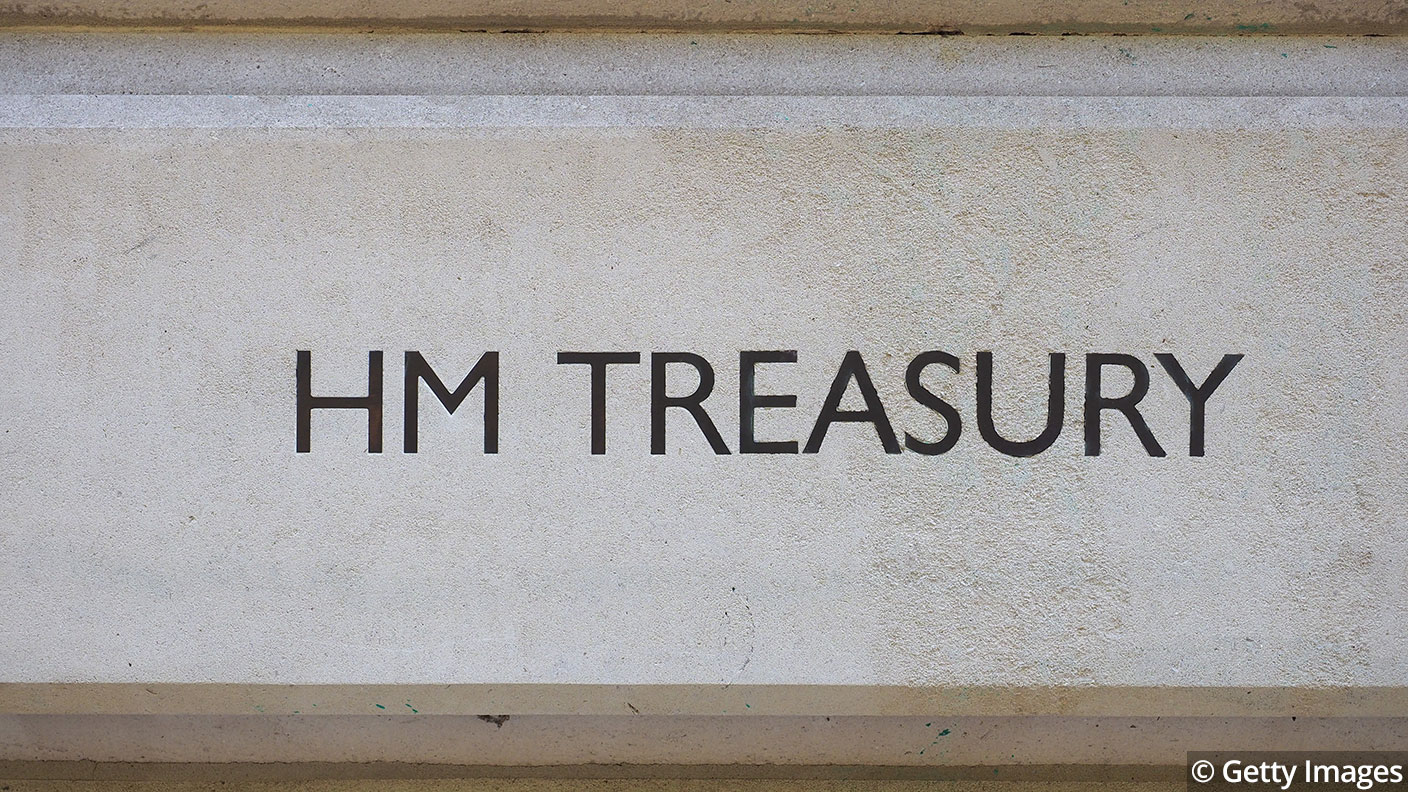
5. The UK charted new waters in borrowing this week: what was the yield on three-year government bonds in this week’s £3.8bn sale?
A. 0.23%
B. 0.12%
C. 0.051 %
D. -0.003%
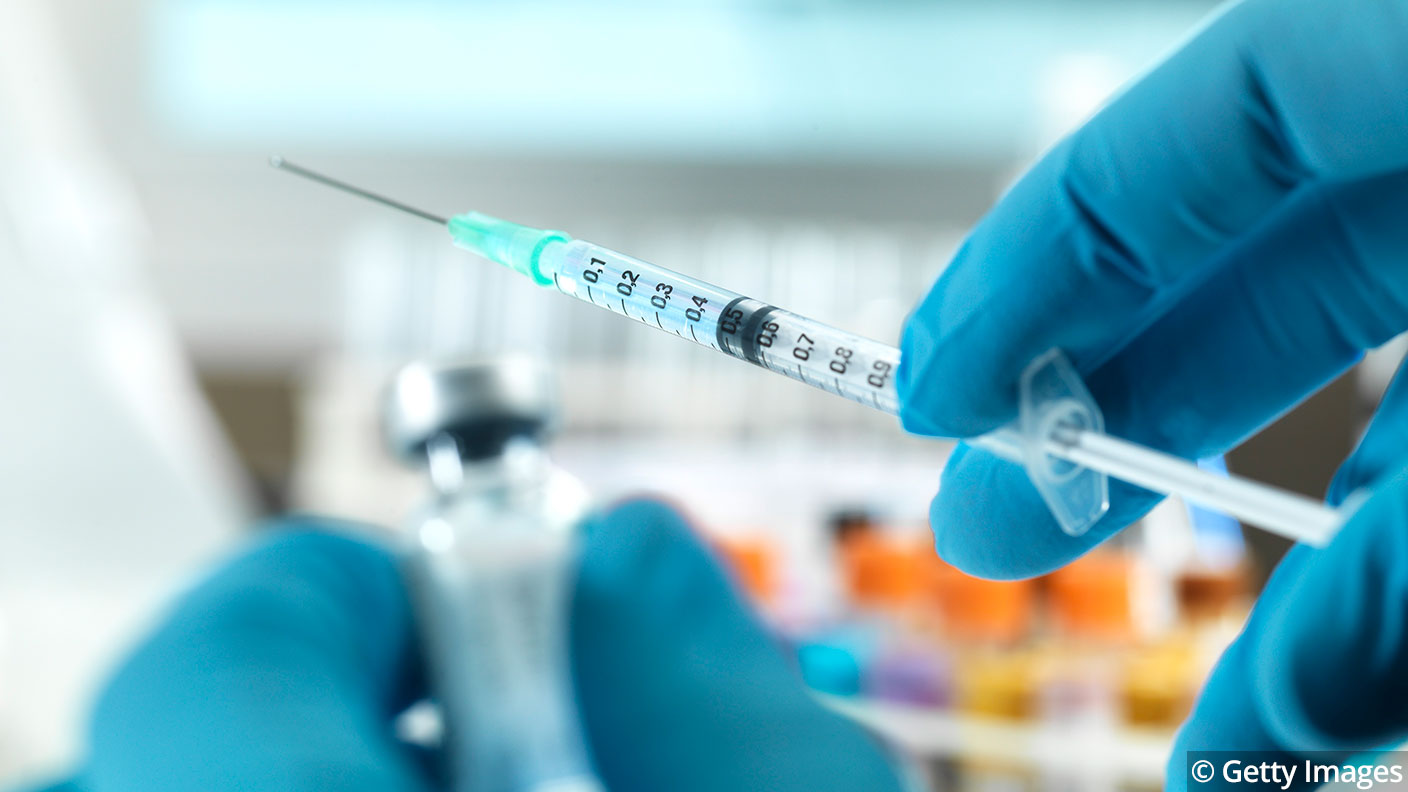
6. Which research-based pharmaceutical company recently received $1 billion funding from the US government, for its developments in trialling a Covid-19 vaccine.
A. AstraZeneca
B. GlaxoSmithKline
C. Roche
D. Novartis
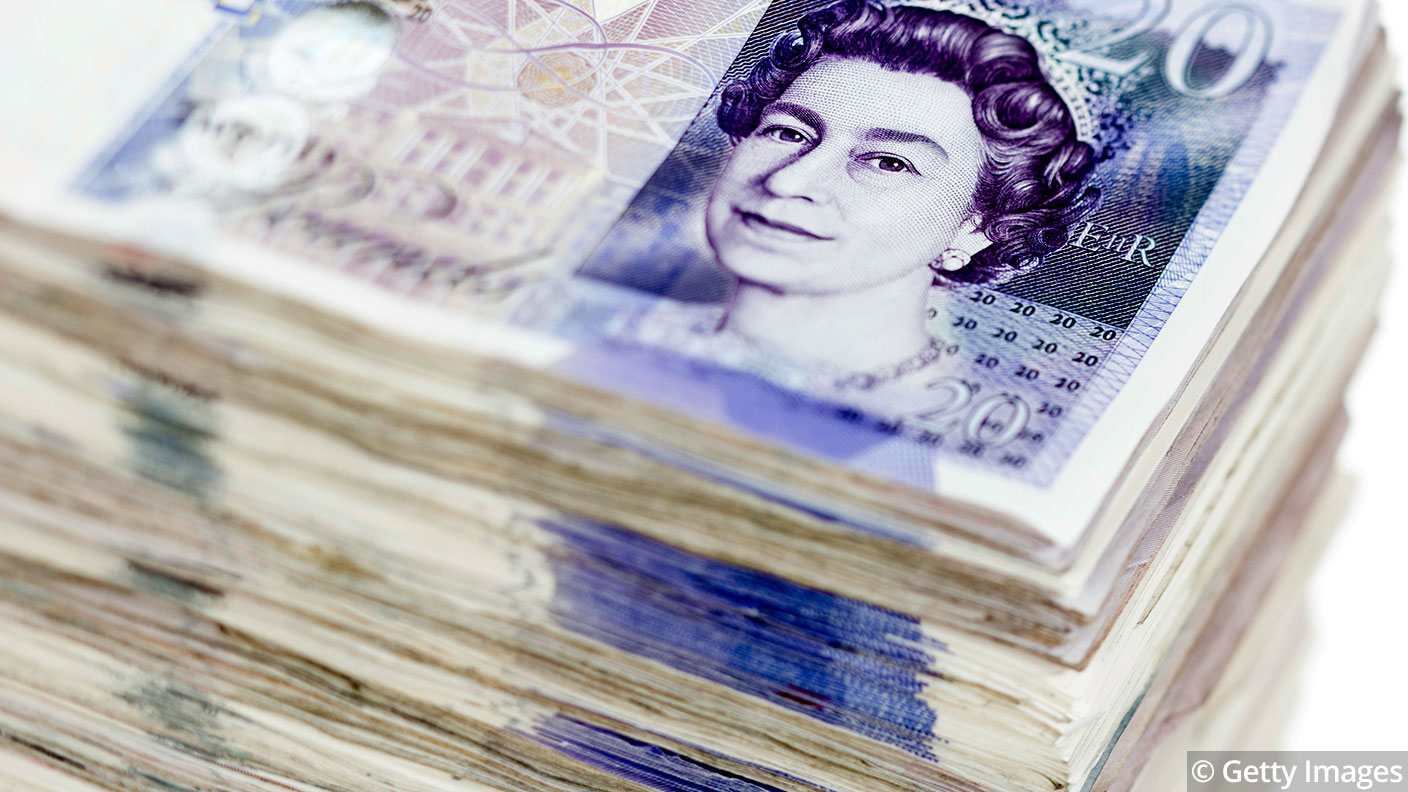
7. Since 2015, the UK’s Dormant Assets Scheme has seen over £600m transferred from dormant accounts in UK banks to charitable causes. How much more has been pledged to be retrieved by the Government this week, to help combat coronavirus?
A. £80m
B. £100m
C. £150m
D. £180m
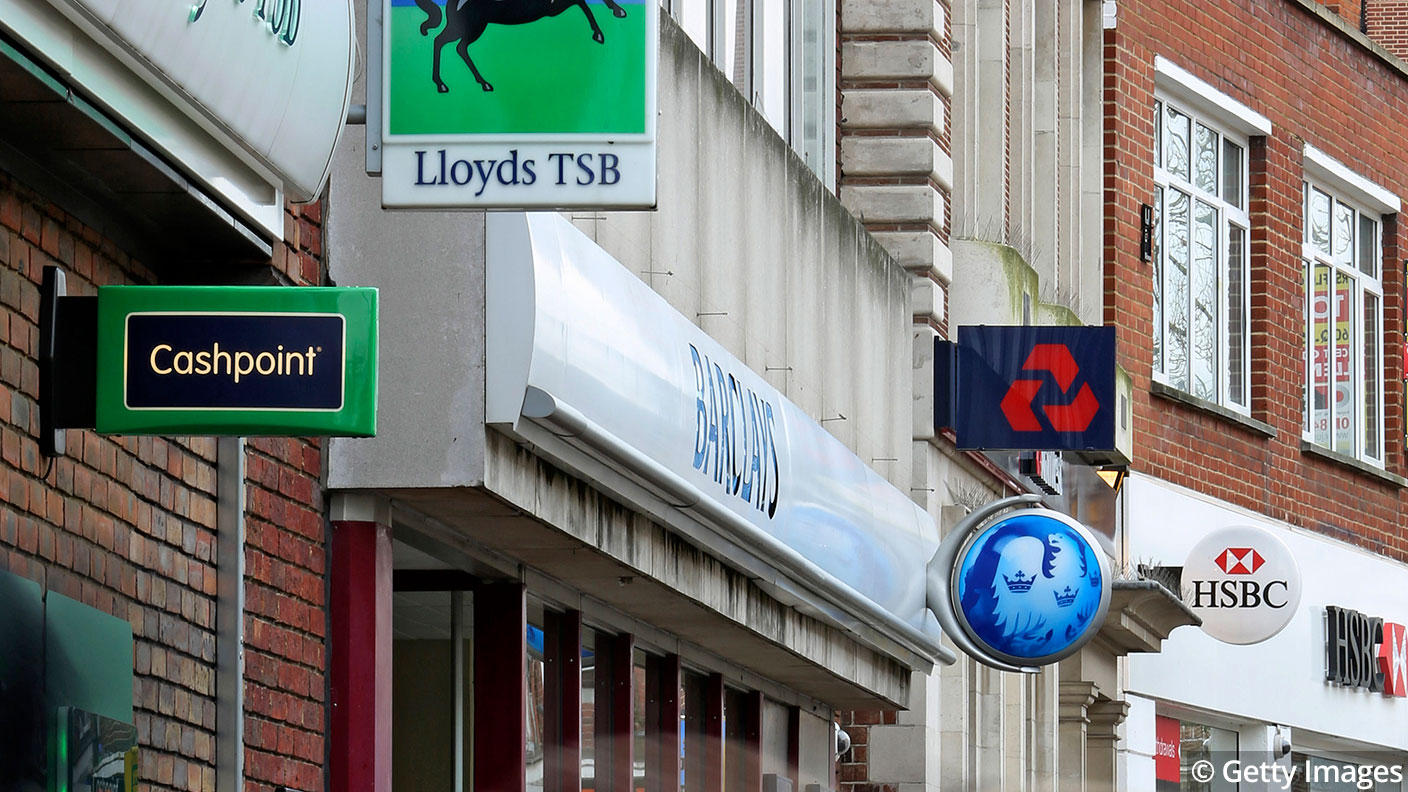
8. Big bank frontline job losses hit a six-year high during the first quarter of 2020. How many jobs were lost?
A. 800
B. 1,600
C. 2,000
D. 2,800

9. UK property transactions have hit a record low this week, at their lowest monthly level since comparable records began in 2005. How many transactions were enacted in April?
A. 59,870
B. 55,090
C. 44,380
D. 38,060

10. Which member of Japanese tech-conglomerate Softbank left the company board this week?
A. Jack Ma
B. Marcelo Claure
C. Yutaka Matsuo
D. Rajeev Misra
Answers
1. D) €500bn. Agreed between French President Macron and German Chancellor Angela Merkel, the fund of €500bn has been floated to promote EU integration during a time of crisis.
2. C) 9,000. With 90% of the world’s commercial airline fleet grounded, and income slashed, British manufacturer Rolls Royce has announced plans to cut a total of 9,000 jobs.
3. B) 0.8%. A collapse in commodity prices and increased saving by workers dragged the UK inflation rate down to 0.8%.
4. A) Venezuela. As its financial crisis deepens, Venezuela’s central bank (BVS) has filed a $1 billion lawsuit against the BoE for refusing to release its £200 billion worth of gold reserves, belonging to the South American nation.
5. A) -0.003%. In a symbolic shift in fiscal strategy, the UK sold three-year gilts at a negative yield of 0.003% for the first time in history.
6. A) AstraZeneca. As its Covid-19 vaccine enters the third phases of trials, UK based pharmaceutical AstraZeneca received $1bn funding form the US Biomedical Advanced Research and Development Authority, with plans to produce one billion doses before September 2020.
7. C) £150m. On Wednesday, culture secretary Oliver Dowden pledged to raise a total of £150m from dormant accounts, including funds raised in this manner earlier this year, to bolster charities against coronavirus losses.
8. A) 2,800. Despite widespread promises to pause redundancies during the Covid-19 crisis, 2,800 front-line jobs have been lost at the big banks, as billions in assets are put aside to weather the financial storm.
9. A) 38,060. Following sliding demand under lockdown, only 38,060 property transactions took place in the UK last month, driven lower than at the bottom of the 2008 financial crisis.
10. A) Jack Ma. After 14 years with the company, former Alibaba chairman Jack Ma announced that he is leaving SoftBank this week to focus on interests in Education.
Get the latest financial news, insights and expert analysis from our award-winning MoneyWeek team, to help you understand what really matters when it comes to your finances.
Jasper is a former writer for the MoneyWeek and he wrote on an array of topics including travel, investing in crypto and bitcoin, as well as cars. Previous to that he freelanced at The Art Newspaper, PORT Magazine and The Spectator. Jasper is currently a freelance writer at FAD magazine and he has an English literature degree from the University of Exeter, and a Master's degree from UCL.
-
 Should you buy an active ETF?
Should you buy an active ETF?ETFs are often mischaracterised as passive products, but they can be a convenient way to add active management to your portfolio
-
 Power up your pension before 5 April – easy ways to save before the tax year end
Power up your pension before 5 April – easy ways to save before the tax year endWith the end of the tax year looming, pension savers currently have a window to review and maximise what’s going into their retirement funds – we look at how
-
 Why Scotland's proposed government bonds are a terrible investment
Why Scotland's proposed government bonds are a terrible investmentOpinion Politicians in Scotland pushing for “kilts” think it will strengthen the case for independence and boost financial credibility. It's more likely to backfire
-
 How have central banks evolved in the last century – and are they still fit for purpose?
How have central banks evolved in the last century – and are they still fit for purpose?The rise to power and dominance of the central banks has been a key theme in MoneyWeek in its 25 years. Has their rule been benign?
-
 UK to have highest inflation among advanced economies this year and next, says IMF
UK to have highest inflation among advanced economies this year and next, says IMFThe International Monetary Fund (IMF) says it expects inflation to remain high in the UK, while lowering economic growth forecasts for 2026.
-
 Is Britain heading for a big debt crisis?
Is Britain heading for a big debt crisis?Opinion Things are not yet as bad as some reports have claimed. But they sure aren’t rosy either, says Julian Jessop
-
 'Britain is on the road to nowhere under Labour'
'Britain is on the road to nowhere under Labour'Opinion Britain's economy will shake off its torpor and grow robustly, but not under Keir Starmer's leadership, says Max King
-
 'Governments are launching an assault on the independence of central banks'
'Governments are launching an assault on the independence of central banks'Opinion Say goodbye to the era of central bank orthodoxy and hello to the new era of central bank dependency, says Jeremy McKeown
-
 Why investors can no longer trust traditional statistical indicators
Why investors can no longer trust traditional statistical indicatorsOpinion The statistical indicators and data investors have relied on for decades are no longer fit for purpose. It's time to move on, says Helen Thomas
-
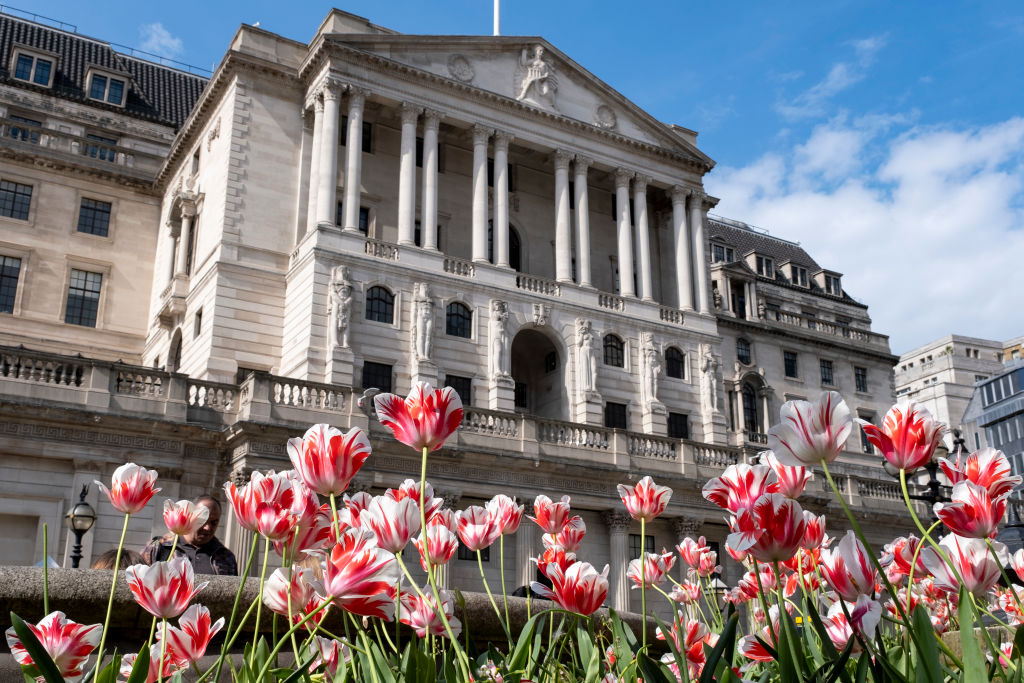 Live: Bank of England holds UK interest rates at 4.5%
Live: Bank of England holds UK interest rates at 4.5%The Bank of England voted to hold UK interest rates at their current level of 4.5% in March, as widely anticipated, after inflation rose to 3% in January
